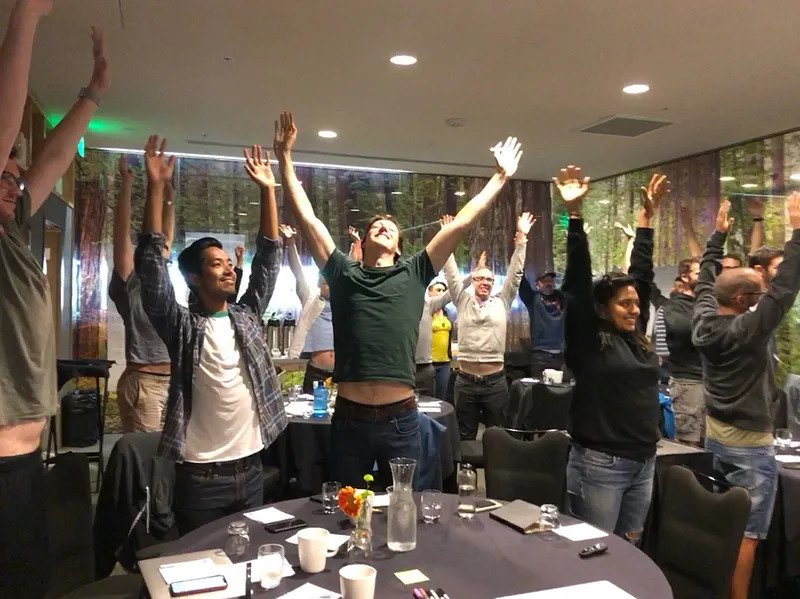Jeremy Intal is currently a MBA student at Stanford. Before Instrumental, Jeremy worked on testing and launching AI-enabled software products in higher education.
As a Product Management Intern at Instrumental, I focused on identifying how users could maximize the value they get from Instrumental. A product’s value is derived by the problem or problems it solves for any user so my goal for the summer was to help separate and validate our core user personas and to understand what each one of them found most valuable in the Instrumental product. This work would drive new feature development to amplify that value.
Prior to Instrumental, I had general exposure to product roadmapping and writing out product specifications. From my previous experiences, most products I worked on were much older and the bulk of the work centered around feature enhancements and feature prioritization. At Instrumental, the product and engineering team approaches the product with an open mind, attempting to deliver the best experience and greatest value to users, even if that means challenging long-held notions of what a “good” version of our product looked like.
Given the variability of both users and decision makers across organizations, it was critical to define who engaged with our product on a daily, weekly, or indeterminate basis. This demarcation allowed us to elucidate what features or data brought the most value to each individual persona. Working to validate this was where I focused most of my time this summer. Conducting customer and non-customer interviews and running usability tests are some of the most eye-opening ways to learn about the product, Instrumental customers, and the problems the product is trying to solve. That insight is now informing a new product concept that the team is working on this summer. I can’t wait to see the outcome!
It was clear early on that my opinion was not just welcomed, but encouraged even if I had just joined the team. The knowledge-sharing mentality and devil’s advocate approach that is a celebrated part of Instrumental’s work culture, not only makes the team stronger, but also makes the product better. Our product strategy documents, which define our overall product thesis and priorities, are a testament to these collaborative efforts. Look no further than all the track changes and comments that literally color those product documents!
Ownership was also key in my time at Instrumental. My manager, Ben, emphasized that if there were projects I wanted to pursue or skills that I wanted to develop, we’d work on a plan to do make sure they aligned to our business objectives. I couldn’t have asked for a more guided, yet equally independent approach to my growth in product management this summer. It’s a testament to the culture that the Instrumental team has built, one that will no doubt drive the success of Instrumental forward.
Interested in learning more about open positions at Instrumental? Check out our careers page.
Related Topics



